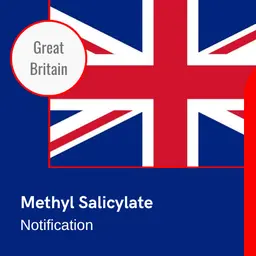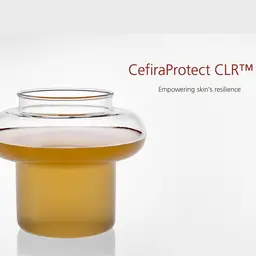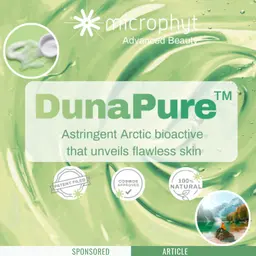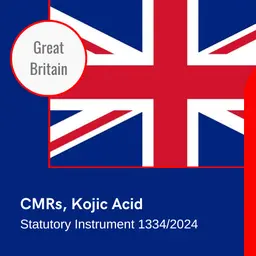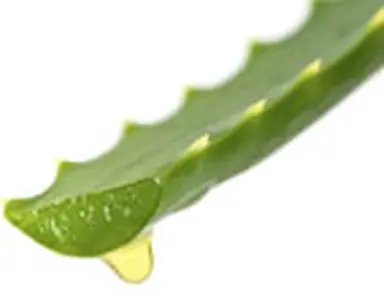
A kind of star among active ingredients, Aloe Vera is renowned since a very long time for its different properties, and used in many fields (food, pharmaceutical and, of course, in cosmetics). Nowadays, cosmetic products brands that do without are rare, as it is used in face, body and hair care. Due to its image of natural product, its refreshing and soothing effects on skin, aloe vera seems to be a ubiquitous ingredient in cosmetics. A valuable passion, or just a trendy option?
A member of the Liliaceae, or lily, family (lily, tulip, lily of the valley … and also garlic, onion, asparagus, leek), Aloe Vera, from the genus Aloe, is a kind of cactus, a perennial plant from Africa, with long, thick and fleshy leaves. It grows in arid climates, and needs almost no care, due mainly to its adaptation to storing water.
Nowadays used as an ornamental and anti-dust mite houseplant, Aloe Vera was already known in Mesopotamia, the Ancient Greece and when Pharaoh was reigning on Egypt. Then, it was used for its laxative effects, to reduce chafing of the nose of users suffering hay fever or cold and to help healing wounds. It is said that Cleopatra herself used it to be even more beautiful!
There are many different aloes in the genus Aloe. The highest in vitamins, nutrients and minerals is Aloe Barbadensis . It is also the one most widely used in cosmetics, even if some others are as well used (Aloe Ferox, Aloe Andongensis …). From the outer part of leaves the latex is extracted, which is a yellow and bitter sap. The gel, colourless and viscous, comes from the inner-leaves and is extracted after the …



